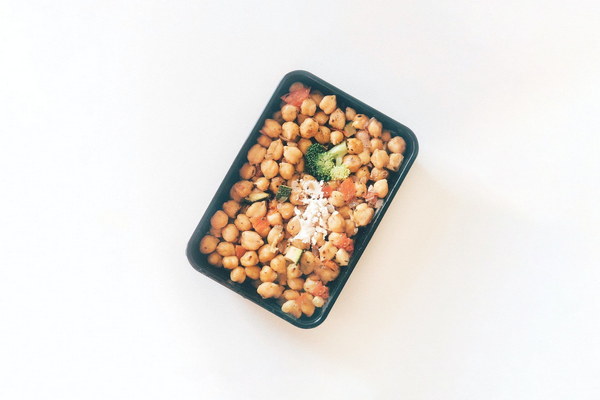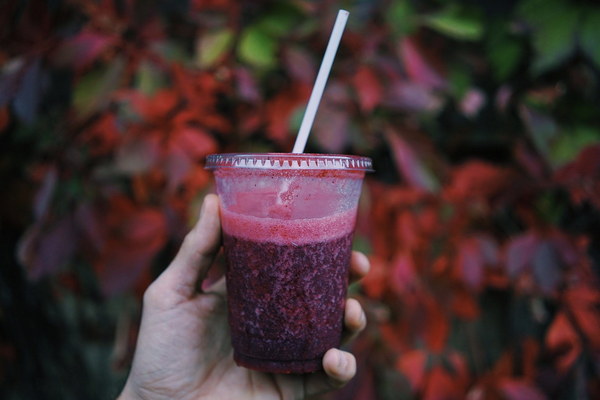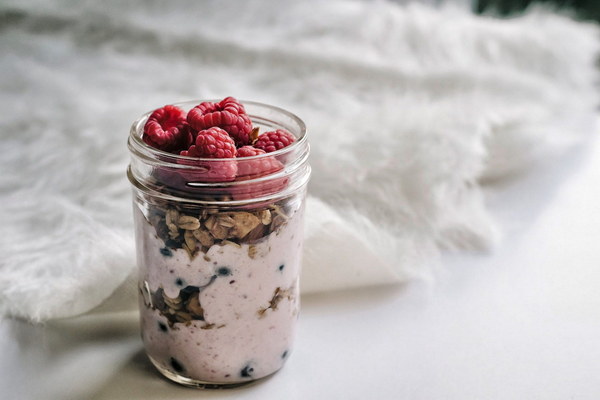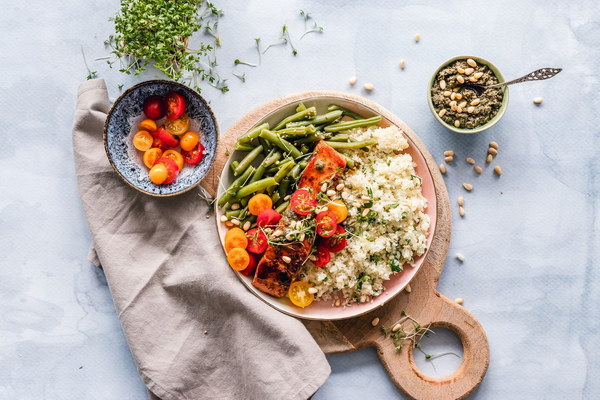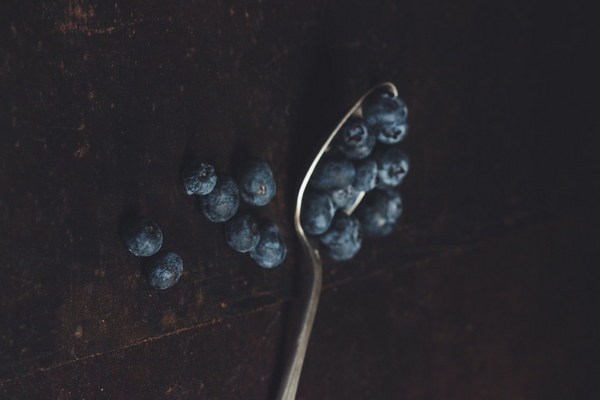Joint Sprain Diet Nutritional Remedies for Faster Recovery
Joint sprains, while common, can be quite painful and may take a significant amount of time to heal. While medical treatment is essential for recovery, a well-balanced diet can greatly enhance the healing process. This article explores various dietary remedies that can help in the recovery from a joint sprain.
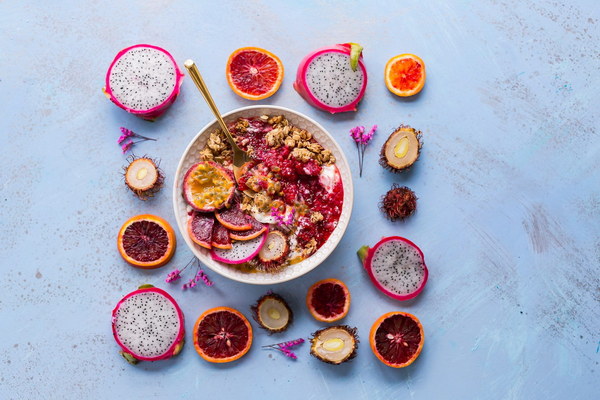
1. Incorporate Essential Nutrients
The body requires a variety of nutrients to repair and strengthen damaged tissues. Here are some essential nutrients that can aid in the healing process:
- Protein: Essential for tissue repair, protein-rich foods include lean meats, fish, eggs, dairy products, legumes, and nuts.
- Vitamin C: Known for its role in collagen synthesis, vitamin C is vital for wound healing. Citrus fruits, berries, bell peppers, and leafy greens are excellent sources.
- Vitamin D: Essential for bone health, vitamin D helps in the absorption of calcium and promotes bone growth. Foods rich in vitamin D include fatty fish, fish liver oils, egg yolks, and fortified dairy products.
- Calcium: Important for bone health, calcium can be found in dairy products, leafy greens, nuts, and seeds.
- Magnesium: This mineral aids in muscle relaxation and can help alleviate muscle spasms. Foods high in magnesium include almonds, cashews, legumes, whole grains, and green leafy vegetables.
2. Stay Hydrated
Proper hydration is crucial for overall health and aids in the healing process. Water helps transport nutrients and oxygen to damaged tissues, and it also aids in the removal of waste products from the body. Aim to drink at least 8-10 glasses of water daily.
3. Anti-Inflammatory Foods
Inflammation is a natural response to joint sprains, but excessive inflammation can hinder the healing process. Incorporate anti-inflammatory foods into your diet to reduce inflammation and alleviate pain:
- Omega-3 Fatty Acids: Found in fatty fish, flaxseeds, chia seeds, and walnuts, omega-3s have anti-inflammatory properties.
- Berries: High in antioxidants, berries can help reduce inflammation and promote healing.
- Green Tea: Rich in antioxidants and anti-inflammatory compounds, green tea can help alleviate joint pain and inflammation.
4. Avoid Certain Foods
Certain foods can exacerbate inflammation and pain, so it's best to avoid them during the healing process:
- Saturated Fats: Found in red meat, butter, and full-fat dairy products, saturated fats can increase inflammation.
- Refined Carbohydrates: Foods like white bread, pasta, and sugary snacks can promote inflammation and hinder healing.
- Alcohol: Alcohol can dehydrate the body and exacerbate inflammation.
5. Consider Supplements
If you find it challenging to meet your nutritional needs through diet alone, consider taking supplements:
- Glucosamine and Chondroitin: These supplements may help reduce joint pain and improve joint function.
- Boswellia: An herbal supplement that has been shown to reduce inflammation and alleviate joint pain.
- Curcumin: The active compound in turmeric, curcumin has anti-inflammatory properties and can help reduce joint pain.
In conclusion, while medical treatment is crucial for joint sprain recovery, a well-balanced diet can significantly enhance the healing process. Incorporating essential nutrients, staying hydrated, consuming anti-inflammatory foods, avoiding inflammatory foods, and considering supplements can all contribute to a faster and more comfortable recovery from a joint sprain.
